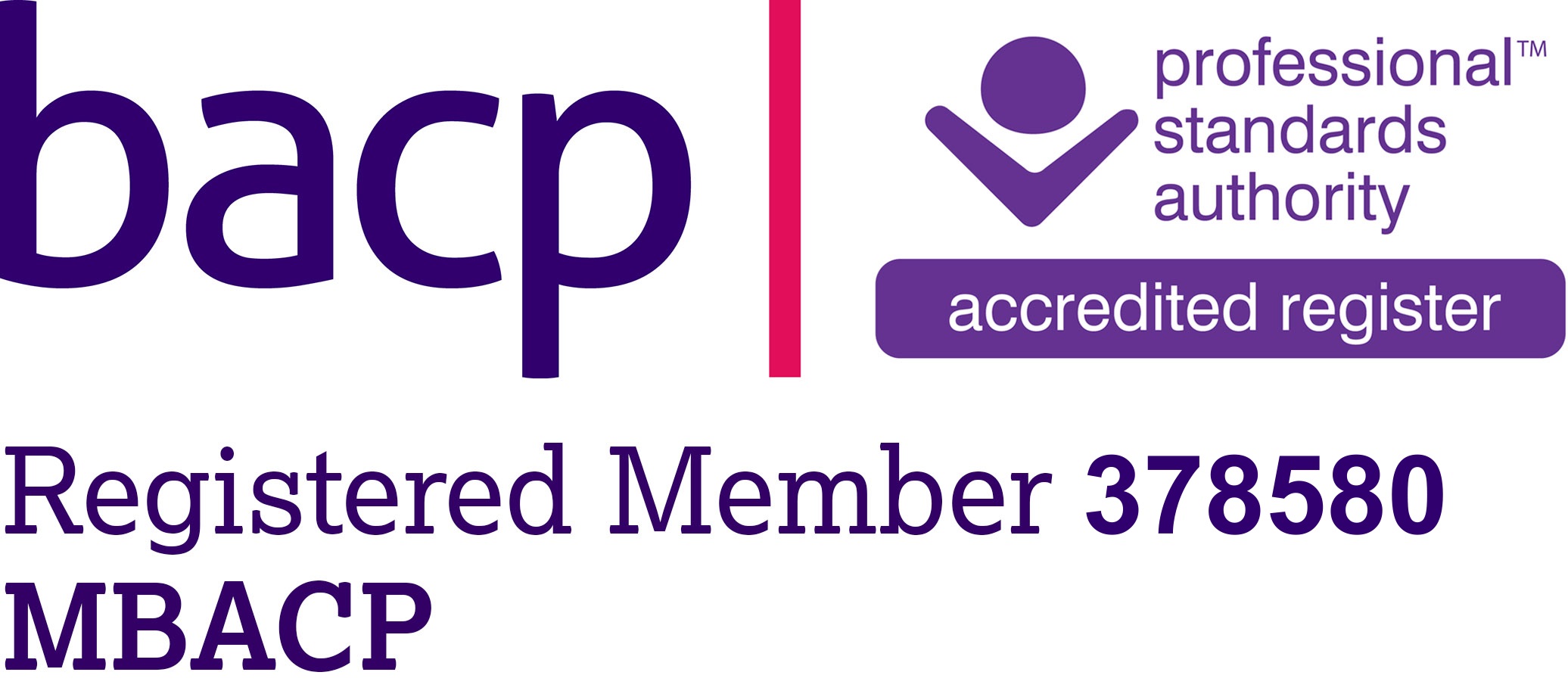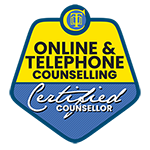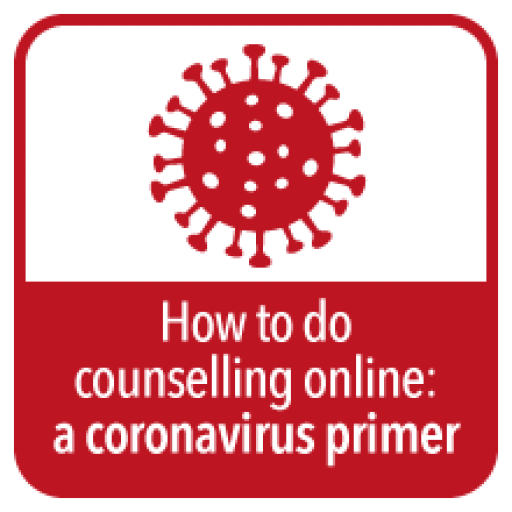What is Counselling?
In a private and confidential setting, the beginning of a therapeutic alliance starts when a person reaches out to a counsellor seeking help.
In a therapeutically held space (either online or face-to-face), the client and counsellor will then aim to explore any difficulties that the client may be experiencing in their life at the present moment.
Psychological pain, bereavement, family and/or relationship breakdowns, examination, self-harming, social anxieties, suicidal thoughts, work or health stress as well as feelings of anger, anxiety, depression, grief, guilt, helplessness, hopelessness, sadness, worthlessness to name a few can all be explored and discussed in a therapeutic counselling session with a counsellor.
Being able to express these feelings in an environment of non-judgement and acceptance can help to reduce these intense feelings in a way that allows the client to work through them and to aim to understand their cause. With awareness of the beginnings of these thoughts and feelings, a shift towards a more clear way of thinking and being can emerge for the client.
As every person is unique, there is no magic timeframe within which that happens. Sometimes it can be very quick and other times it can take years but there's no right or wrong way to "do" therapy. It's an individual process.
Will counselling help me?
Not knowing what it is you hope to get from counselling can sometimes put people off reaching out for help. I don’t expect you to bring a neat package of difficulties to each session as each session will be as unique as you are. It’s a personalised experience that is different for every person but that together we will contract and aim to work towards an outcome that you want for your life.
What can I expect from counselling?
Counselling can be very helpful for freeing us from old strictures and conditions of worth that prevent us from moving forward in our lives now.
When you are ready to make the changes you want to make in your life, it would be mindful to note that it can be a painful, emotionally trying time as well and the more prepared you are for this and don’t expect advice or a magic wand to fix everything, the more kind you can be to yourself as you go through the counselling session.
It can be enormously freeing to think that you have made the changes yourself.
Our working, therapeutic relationship:
Counselling is essentially a therapeutic relationship between you (the client) and me (the counsellor).
If you’re unsure about what counselling can do for you, it might be helpful before our first session together to reflect on these points:
- What do you want from counselling?
- What is your difficulty that you’d like to talk through?
- How long have you been affected by this?
- How much does this affect you in your life?
Once you’ve decided to go for it, we will spend fifty minutes per session together as often or as little as you require.
We will contract our terms, working alliance (i.e. what you want/hope to achieve from our sessions together) and I’ll explain a bit about what I do as a person-centred counsellor.
Our sessions will usually take place on the same day at the same time weekly so that we can establish a routine.
Our brains like routine as it means there's no uncertainty to anticipate. Uncertainty isn't well tolerated/ enjoyed by everyone. However, this won't suit everyone as the process time for each person is not the same and you may prefer a 2 week break between sessions to work through what we talk about in the sessions.
Nothing is set in stone and it's up to us together to work out a counselling plan that works for your unique self and circumstances.
Female friendly kind caring Psychotherapy counsellor therapist Glasgow city centre Anxiety depression panic trauma person centred counselling
generalised anxiety disorder depresession anxiety social anxiety helplessness hoplessness sadness relationship breakup divorce bereavement fear hurt grief childhood trauma Glasgow counselling held space east kilbride person centred counselling psychotherapy school problems post traumatic stress disorder




